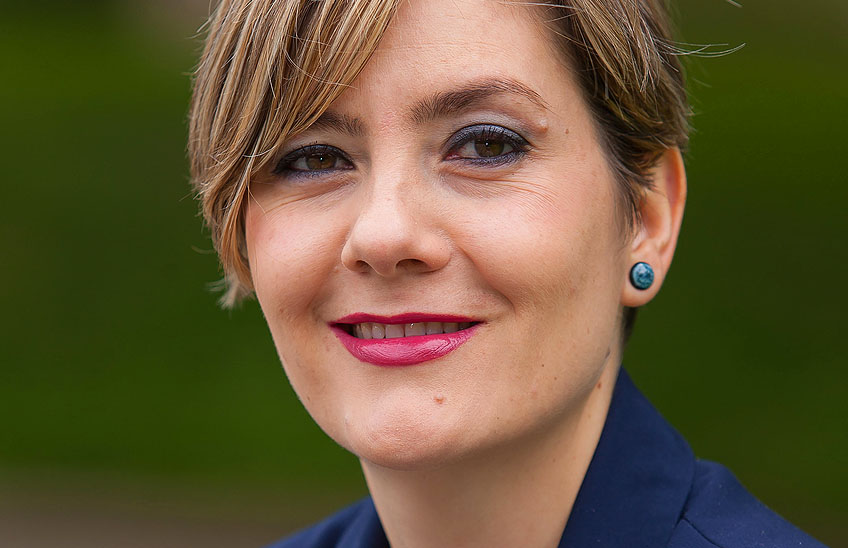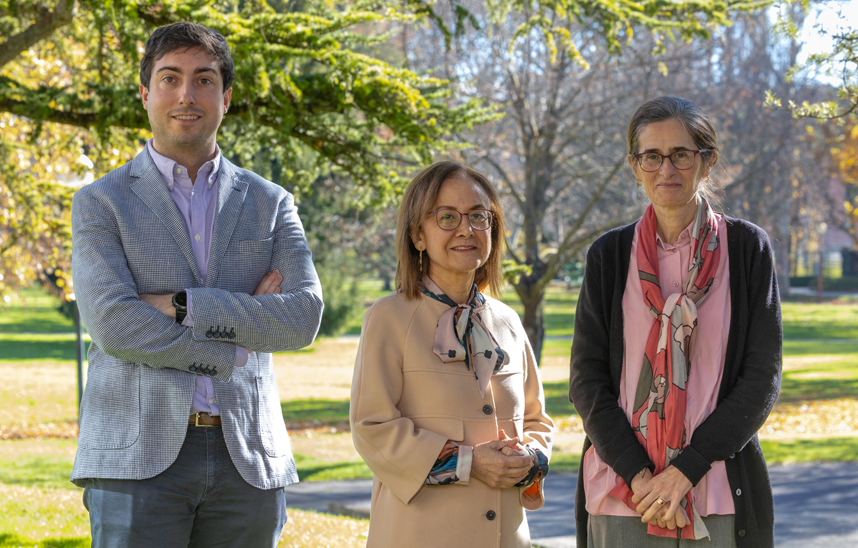A research to prevent and equip teachers with tools to detect Procedural Learning Disorder.
The goal is to analyse whether a tool validated in the British population can be used in Spain.

07 | 03 | 2022
How to improve the detection and care of Education primary school children with development Coordination Disorder or Procedural Learning Disorder? This is the aim of a research of the University of Navarra led by Sara Magallón, researcher of the School of Education and Psychology.
This disorder implies that the affected person has motor coordination skills "substantially below what is expected" taking into account their age and learning opportunities, which significantly interferes with their daily life. "For example, there are frequent difficulties in the academic environment, such as handling scissors, the compass, bad handwriting; in the family environment and in ordinary tasks such as grooming, dressing, employment cutlery; as well as in carrying out demanding games from the motor point of view, which can have a negative influence on social relationships," explains the researcher.
"Nowadays it is the neuropaediatricians or occupational therapists who carry out the evaluation of the Fundamental Movement Skills - running, jumping, or balancing - essential for diagnosing this subject disorder. The waiting times for the specialists to whom children are referred are long," explains the researcher. One of the objectives of the research is to analyse whether an instrument for measuring these skills, validated in the British population, called FUNMOVES, can be used in Spain, starting in Navarre, which could be applied in schools, thus speeding up the diagnostic process.
To this end, as Magallón explains, the aim is to apply this instrument in its Spanish version in children of Education primary, to analyze the diagnostic capacity of this tool; and subsequently, to design an individualized intervention plan for those schoolchildren who have been detected, who are likely to have development Coordination/Procedural Learning Disorder. "If this tool could predict the presence of people with this pathology in schools, teachers would know it better and the needs of those affected would be addressed in a more meaningful way. The Issue of the patients would also be downloaded from the specialists and this, in turn, would result in economic benefits for the state health services," concludes the researcher.
Education The research 'Detection of Primary School Children with Coordination/Procedural Disorder development using the FUNMOVES (DET-FUN) instrument' is a project project funded by the Ministry of Science, Innovation and Universities. The team researcher is formed by researchers from the School of Education and Psychology of the University of Navarra, Sara Magallón, Maite Aznárez, Leyre Gambra, Celeste Reyes, Carmen Gándara, Apolinar Graña, and Estela Loza; by clinical researchers from the Paediatric Neurology Unit of the University of Navarra, Nerea Crespo-Eguilla, and Nerea Crespo-Eguilla; and by clinical researchers from the Paediatric Neurology Unit of the University of Navarra, Nerea Crespo-Eguilla. Clínica Universidad de NavarraNerea Crespo-Eguilaz and Rocío Sánchez-Carpintero; and by Maite Gárriz, neuropaediatrician. San Rafael Hospital (Madrid). It also has the support of partnership of the researchers of the University of LeedsNick Preston, Lucy Eddy and Liam Hill.


